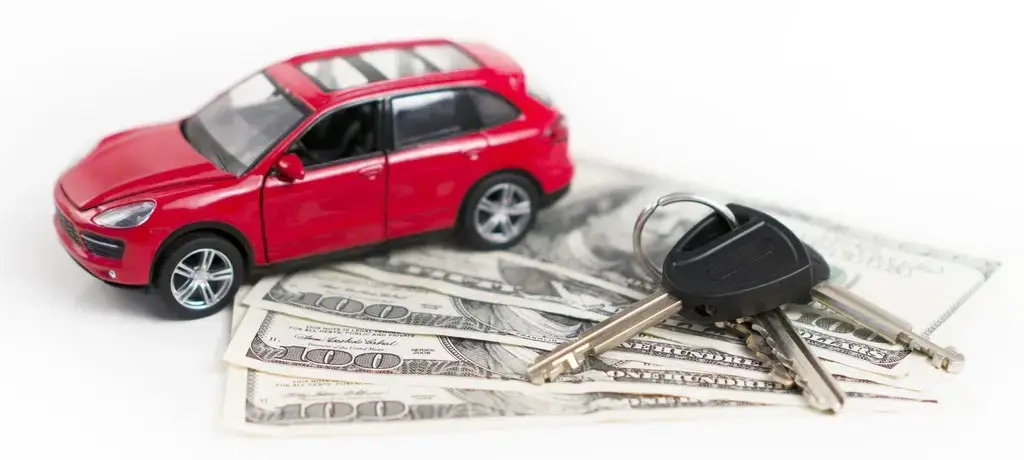As a car owner, understanding the intricate process of car depreciation is crucial. From the initial purchase price to the impact of technological advancements, various factors play a pivotal role in determining the rate at which your vehicle loses value over time. In this comprehensive guide, we delve into the key contributors to car depreciation and offer insights into how you can navigate this natural phenomenon.
Table of Contents
Understanding Car Depreciation
Car depreciation refers to the decline in a vehicle’s value over time. This reduction in value occurs for various reasons, often resulting in a significant difference between a car’s original purchase price and its resale value. Understanding the factors that contribute to this depreciation can help you make informed decisions as a car owner.
1. Initial Purchase Price
The initial purchase price of a car is perhaps the most significant factor influencing its depreciation. The moment you drive a new car off the lot, its value begins to decrease. This phenomenon, known as “instant depreciation,” is due to the fact that dealerships typically charge a premium for brand-new vehicles.
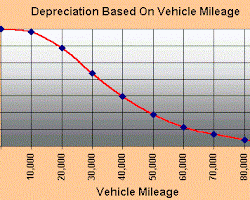 Opens in a new window
Opens in a new windowwww.masterpolemurphy.com
2. Age of the Vehicle
As time goes on, a car’s age becomes a major determinant of its value. Newer vehicles generally retain a higher percentage of their original value compared to older ones. The first few years witness the most substantial depreciation, with the rate slowing down as the car ages further.
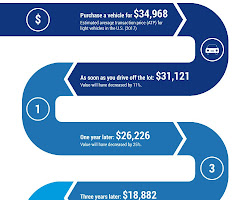 Opens in a new window
Opens in a new window www.trustedchoice.com
www.trustedchoice.com
3. Mileage and Usage
High mileage can significantly impact a car’s resale value. The more a car has been driven, the greater the wear and tear on its components. Additionally, cars used for long commutes or extensive road trips are likely to experience more rapid depreciation.
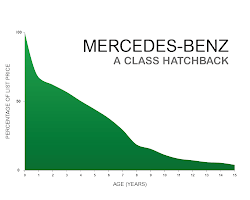 Opens in a new window
Opens in a new window www.webuyanycar.com
www.webuyanycar.com
4. Vehicle Brand and Model
The brand and model of a car can greatly influence its depreciation rate. Vehicles from well-established and reputable brands tend to depreciate at a slower pace than lesser-known brands. Additionally, the popularity of a particular model in the market can impact its resale value.
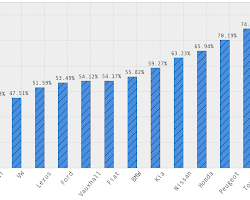 Opens in a new window
Opens in a new window www.fleeteurope.com
www.fleeteurope.com
5. Technological Advancements
The rapid pace of technological advancements contributes to car depreciation. As newer models are released with updated features, older vehicles with outdated technology lose their appeal and value in the market.
6. Market Demand and Trends
Market demand and trends play a significant role in determining the value of a car. Factors such as consumer preferences, fuel efficiency, and environmental concerns can influence the demand for specific types of vehicles, thus impacting their depreciation rates.
 Opens in a new window
Opens in a new window medium.com
medium.com
7. Exterior and Interior Condition
The overall condition of a car, both externally and internally, affects its resale value. Cars with scratches, dents, and worn interiors tend to depreciate more rapidly. Regular maintenance and proper care can help mitigate this factor.
 Opens in a new window
Opens in a new window www.ramseysolutions.com
www.ramseysolutions.com
8. Maintenance and Repairs
Well-maintained cars retain their value better than those with a history of neglect. A comprehensive maintenance record and prompt repairs can help maintain a car’s condition and subsequently slow down depreciation.
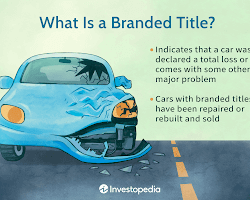 Opens in a new window
Opens in a new window www.investopedia.com
www.investopedia.com
9. Economic Factors
Economic conditions, such as inflation rates and interest rates, can influence car depreciation. During periods of economic uncertainty, consumers may hold back on making large purchases like cars, leading to increased depreciation.
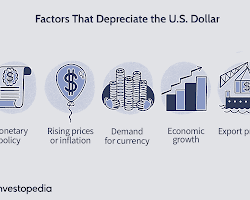 Opens in a new window
Opens in a new window www.investopedia.com
www.investopedia.com
10. Resale Value Considerations
Certain vehicles are known for their higher resale value due to factors like reliability, brand reputation, and strong market demand. Investing in a car with good resale value can mitigate the effects of depreciation.
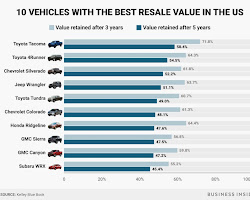 Opens in a new window
Opens in a new window www.businessinsider.com
www.businessinsider.com
11. Depreciation vs. Appreciation
While cars typically depreciate over time, there are instances where certain classic or collectible cars appreciate in value. These exceptions are rare and often require specific market conditions and unique characteristics.
 Opens in a new window
Opens in a new window www.admiral.com
www.admiral.com
12. Minimizing Depreciation Impact
While car depreciation is inevitable, there are steps you can take to minimize its impact:
- Opt for vehicles with strong resale value.
- Maintain regular servicing and address repairs promptly.
- Avoid excessive customization that may deter potential buyers.
- Drive conservatively to keep mileage in check.
- Consider purchasing a used car, as the initial depreciation has already occurred.
Some additional tips for minimizing the impact of car depreciation:
- Buy a car that is in high demand. This will help you get a better price when you sell it.
- Buy a car that is fuel-efficient. This will save you money on gas, which can offset some of the depreciation costs.
- Buy a car that is reliable. This will reduce the need for repairs, which can also help to offset depreciation costs.
- Buy a car that is well-maintained. This will also help to increase its resale value.
By following these tips, you can minimize the impact of car depreciation and save money in the long run.
I hope this article has been helpful. If you have any questions, please feel free to ask.
“Like the gears of a car, understanding depreciation’s mechanics empowers us to drive smarter on the road of financial decisions.”
John Smith
More things to consider when minimizing the impact of car depreciation:
- The length of your loan term. The longer the loan term, the more you will pay in interest, which will increase the overall cost of the car and accelerate depreciation.
- Your down payment. A larger down payment will reduce the amount of money you borrow and the amount of interest you pay, which will help to slow down depreciation.
- Your driving habits. If you drive your car a lot, it will depreciate more quickly. Try to keep your mileage low by taking public transportation or carpooling whenever possible.
- The condition of your car. A well-maintained car will hold its value better than a car that is neglected. Make sure to get regular oil changes and other maintenance services as recommended by the manufacturer.
- The market conditions. The overall health of the economy can affect the value of cars. If the economy is doing well, there will be more demand for cars, which will help to keep prices up.
By taking these factors into account, you can minimize the impact of car depreciation and save money in the long run.
Conclusion
Car depreciation is a natural aspect of car ownership, influenced by a myriad of factors. By understanding these contributing elements, you can make informed decisions to minimize the impact of depreciation on your investment. Whether you’re buying a new car or maintaining an existing one, this knowledge empowers you to navigate the world of car ownership more effectively.
Read more articles
